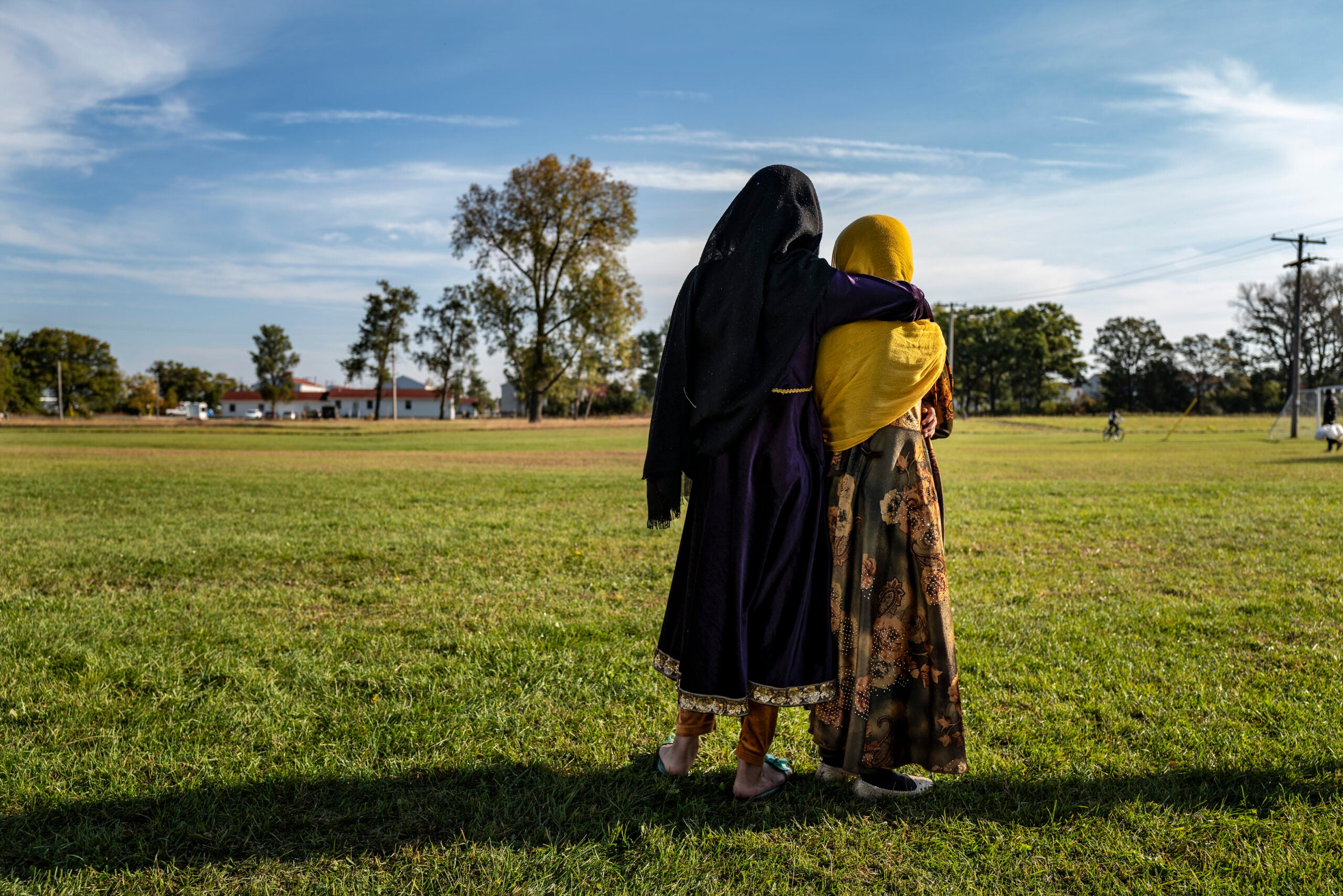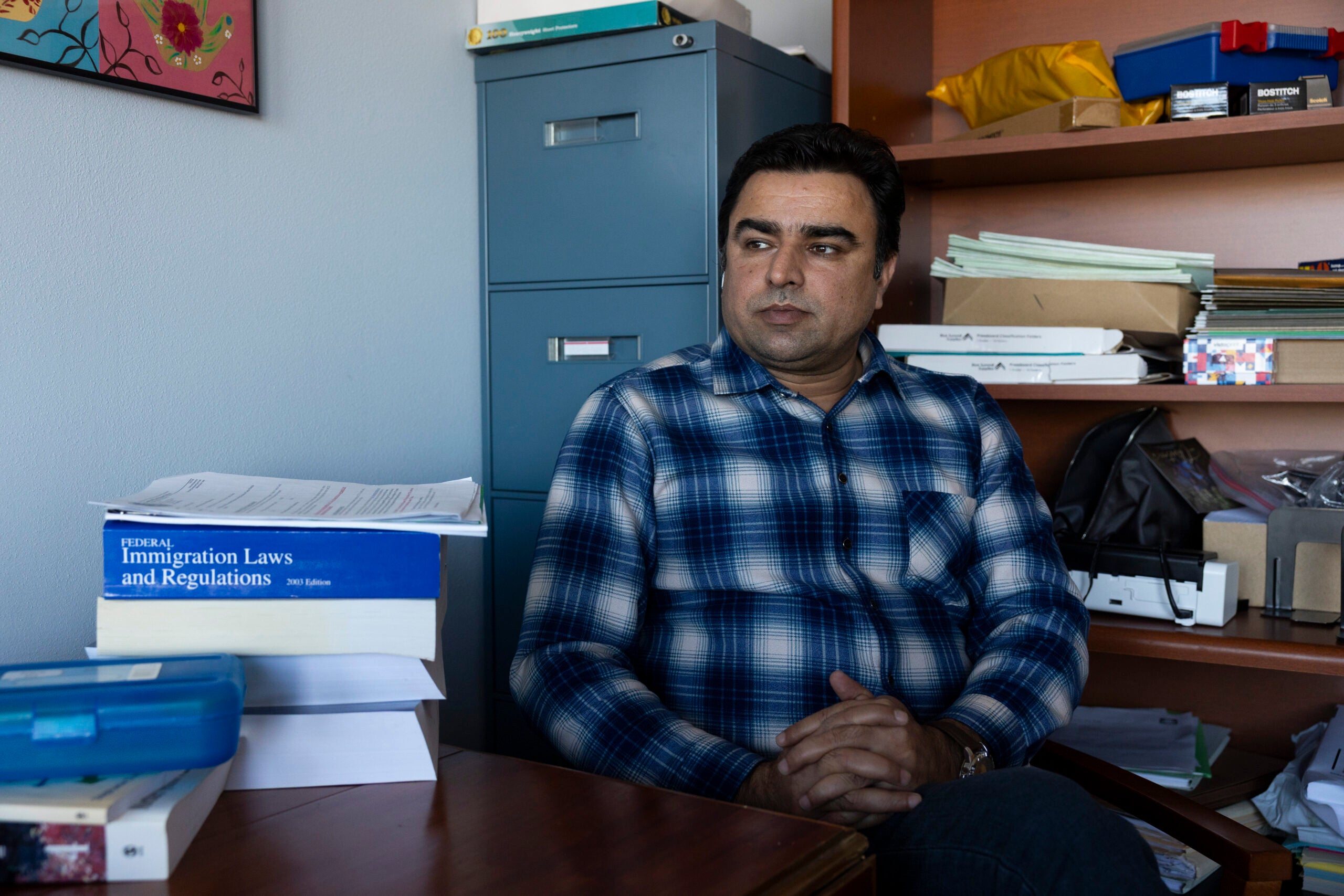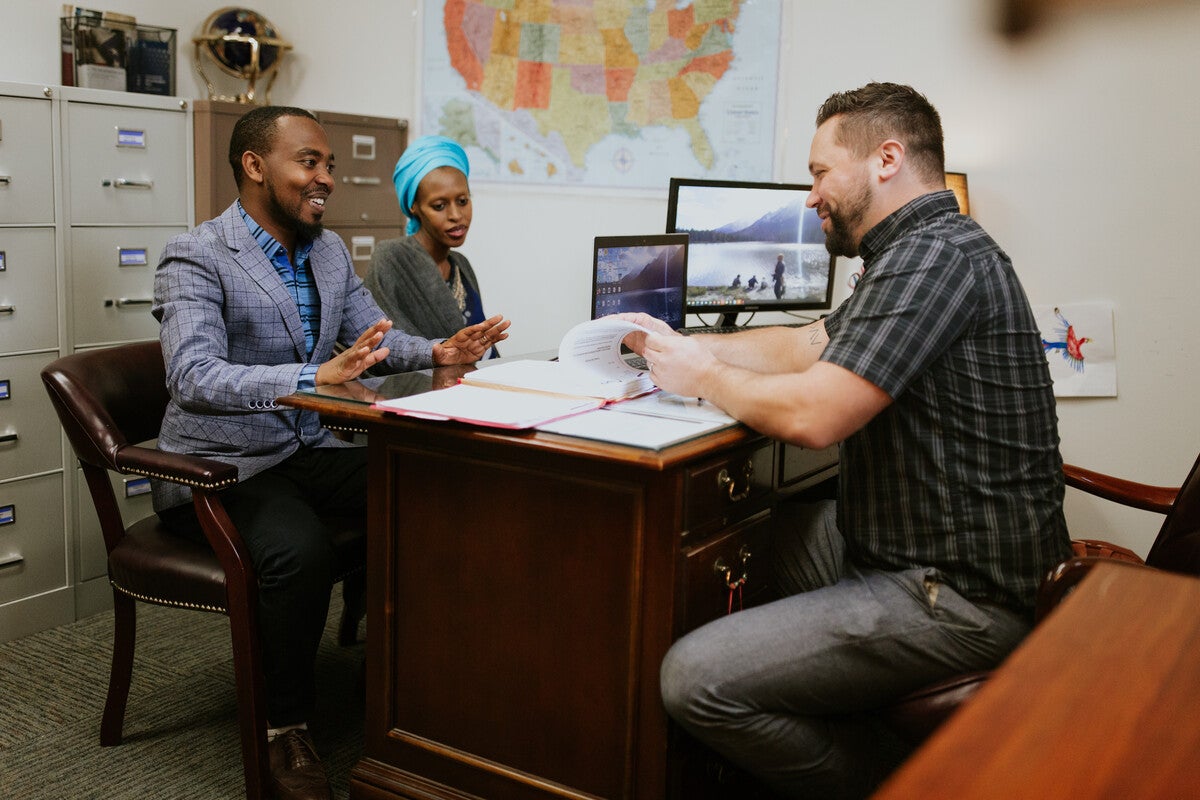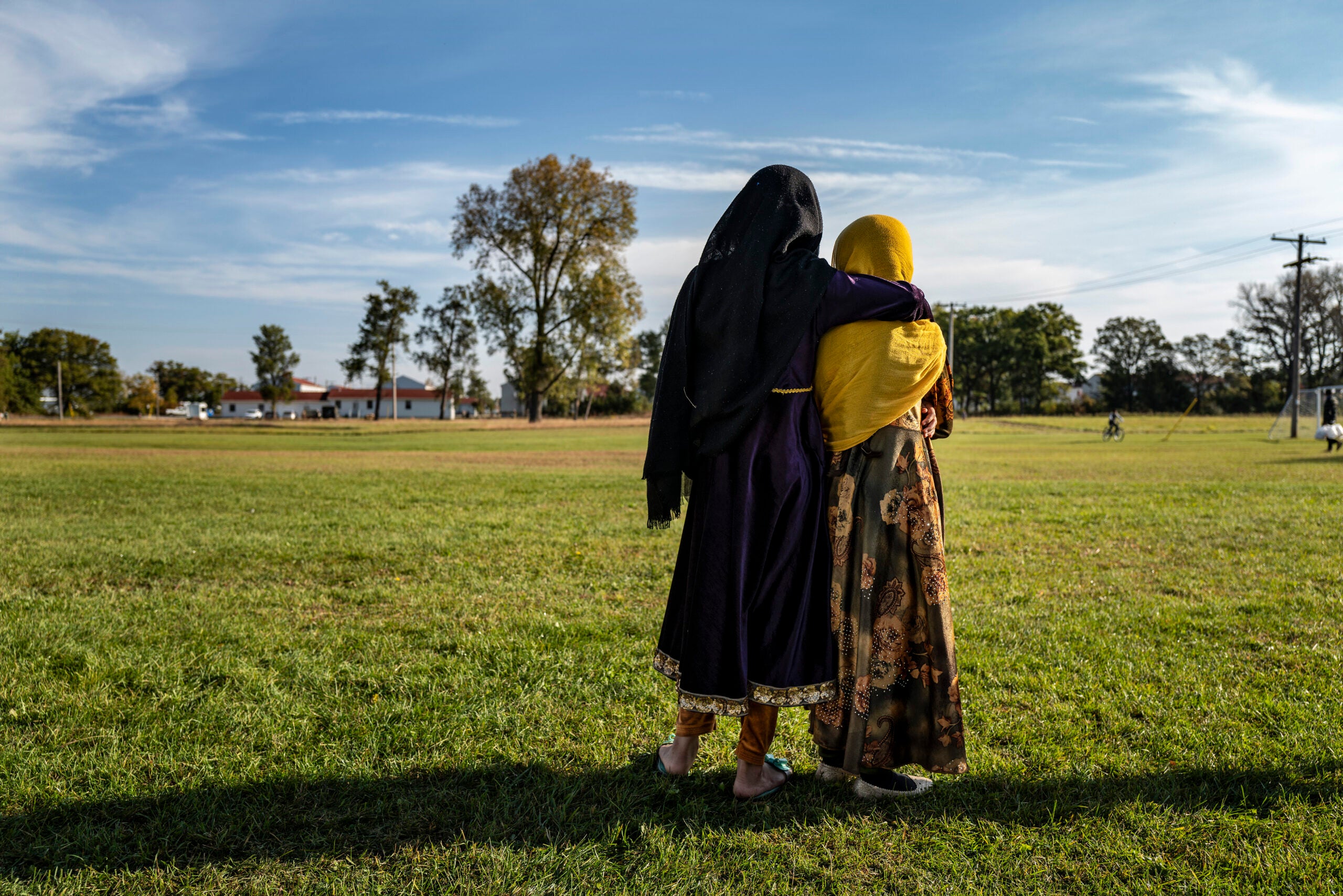President Donald Trump’s reinstated travel ban took effect Monday, blocking citizens from Afghanistan and 11 other countries from entering the United States.
Since the fall of the Afghan government to the Taliban in 2021, roughly 200,000 Afghans have resettled in the U.S. But approximately that same number are outside the U.S. in various stages of the application process to enter the country, according to figures provided to NPR from U.S. officials and private groups assisting Afghans moving to the country.
In a press release June 4, the White House wrote there’s an absence of a central authority in Afghanistan to issue appropriate documents, in addition to a lack of “appropriate screening and vetting measures.”
This explanation doesn’t add up, according to University of Wisconsin-Madison faculty member and Afghan evacuee Najib Azad.
News with a little more humanity
WPR’s “Wisconsin Today” newsletter keeps you connected to the state you love without feeling overwhelmed. No paywall. No agenda. No corporate filter.
Azad fled Afghanistan with his wife and children after the Taliban took power in Afghanistan in 2021. He told WPR’s “Wisconsin Today” the American military has records dating back decades for Afghans that worked with the U.S. military.
“The U.S. government has their records. The military of the United States has their records, their biometrics, all documentation,” Azad said. “They were then sent to [other] countries to be processed to the U.S. So I don’t see any logic, any rationality, in this argument.”
Azad discussed how this travel ban and other moves from the Trump administration are affecting Afghan refugees aiming to travel to the U.S., as well as those who are already here.
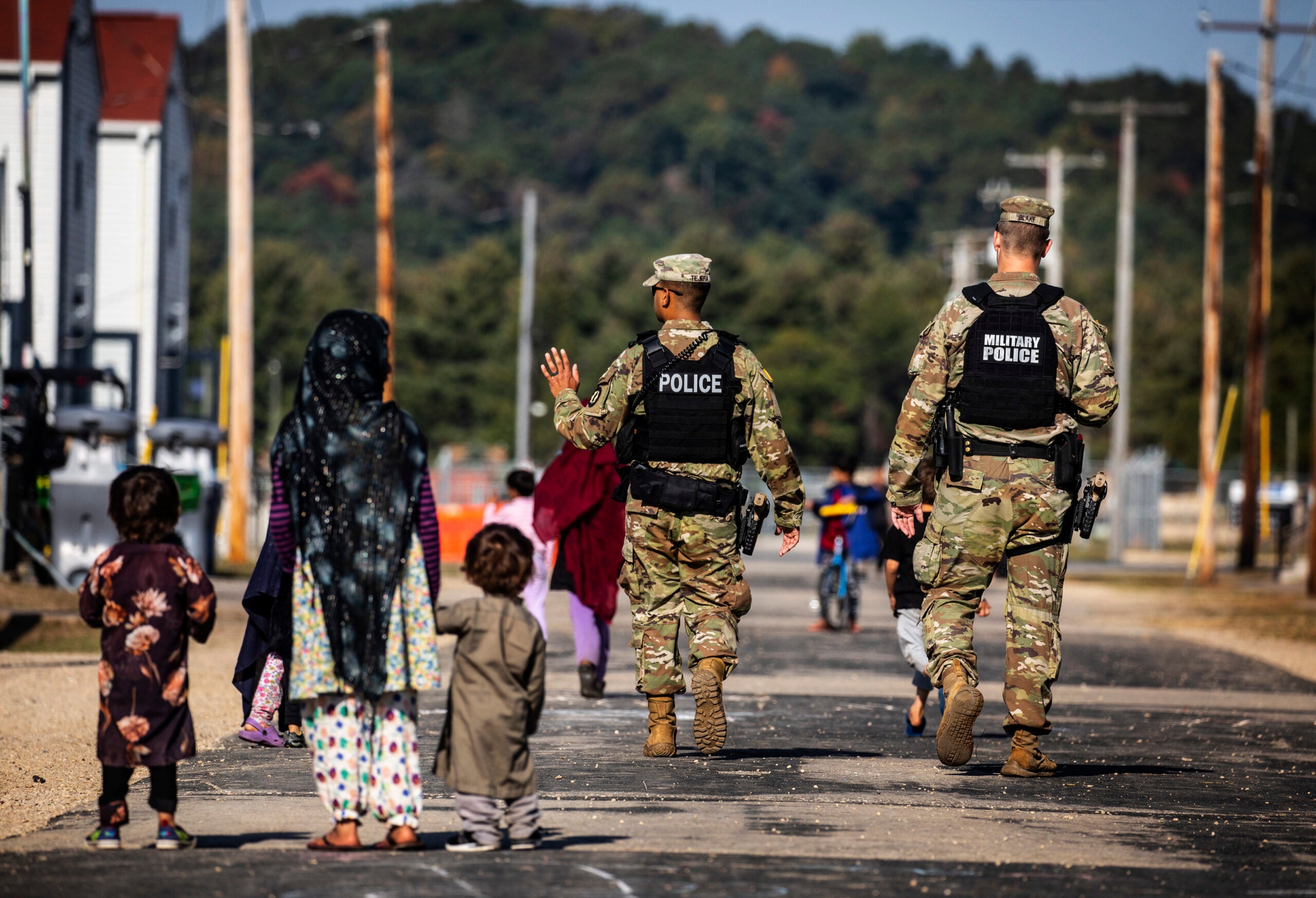
The following was edited for clarity and brevity.
Rob Ferrett: You immigrated to the U.S. from Afghanistan after the Taliban takeover back in 2021. Is this travel ban creating uncertainty for people you know aiming to apply to live in America?
Najib Azad: I have been in contact with many. Several thousand families have been in [other]countries for almost four years. Their cases have been processed by the U.S. government, by multiple agencies, and they were just to fly to the United States. They are in limbo now. They have no future.
This has affected even those who worked for the U.S. government in Afghanistan … They were at risk. They were evacuated by U.S. forces to [other] countries … They have been inspected, investigated, processed. Unfortunately, now they are in limbo.
RF: People who had worked with the U.S. while the American military was in the country are eligible to apply to travel to America under a Special Immigrant Visa. The Trump administration has carved out an exception for people with this visa or people already in the U.S. seeking asylum. But CNN reports that there are a number of Afghans who assisted the American military who don’t qualify for a Special Immigrant Visa. What is the situation there?
NA: There was an agency [created by Congress after the withdrawal of U.S. forces from Afghanistan in 2021] called CARE, which was one of the best and safest legal pathways for Afghans to make it to the United States. That doesn’t exist any longer.
Afghans cannot afford at this point to purchase tickets to fly to the United States, to pay for their travels, and this agency does not exist anymore. No resettlement benefits are provided anymore, so even those 90 percent of SIV status holders cannot make it to the U.S., because flying from Afghanistan to the United States costs about $1,500 to $2,000 per person.
So people with SIVs are technically not affected by travel bans, but indirectly [because of a lack of] logistics or no resettlement benefits or travel benefits.
RF: The Trump administration has also ended temporary protected status for Afghans residing in the United States. Are there people here in Wisconsin from Afghanistan who are affected by these various changes: the travel ban, the end of temporary protected status and cuts to various refugee services? What does this mean for people from Afghanistan already here in Wisconsin?
NA: There are many here in Wisconsin, Minnesota … with [temporary protected status] and affected by travel ban.
The worst part is that they have also filed asylum. They have submitted the applications long ago … They don’t have temporary protected status any longer, so their work authorization is not renewed. And if their work authorization is not renewed, their employers send them home and then they cannot work. If they cannot work, how would they feed their kids?
Many that I personally know here in Madison and the Twin Cities and Winona, Minnesota — their asylum or refugee status is still pending, and their employment authorization documentation is not renewed because temporary protected status [has ended], which means that they cannot legally work. They are also facing trauma, anxiety, distress.

